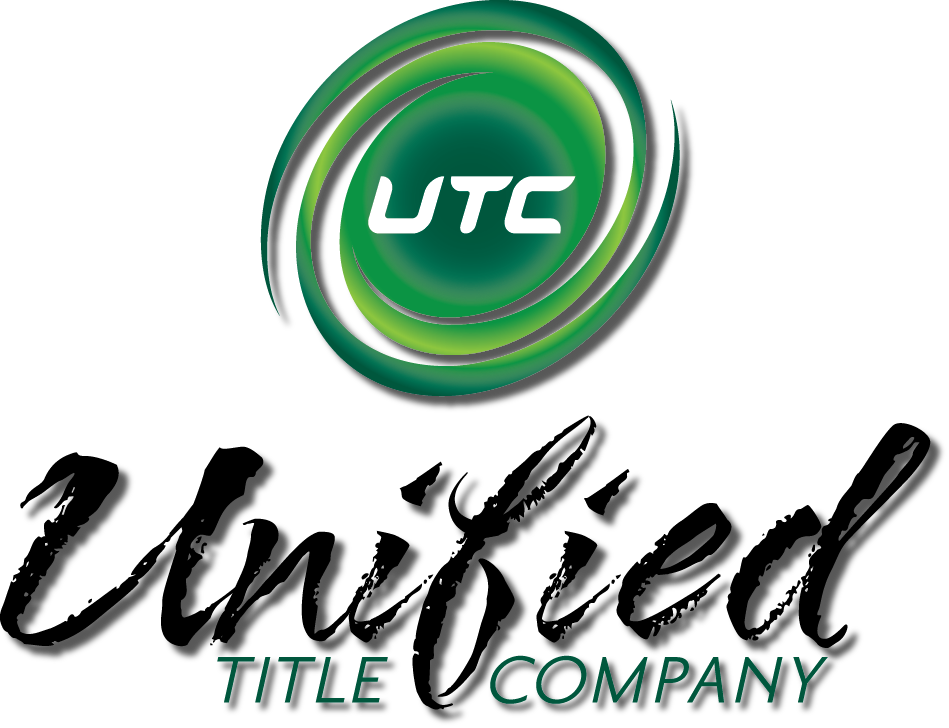Promissory Notes & Deeds of Trust
A promissory note is a statement of loan terms (e.g., loan amount, interest rate, payment schedule) together with an acknowledgment of the obligation to repay the loan. In short, a promissory note is an IOU.
The debt evidenced by a promissory note may be secured or unsecured. If the debt is unsecured and the borrower defaults (i.e., fails to perform in accordance with the loan terms), the only remedy available to the lender is to sue the borrower and obtain a judgment (i.e., a court order to pay) for the outstanding balance. If the borrower has no money, a judgment has little real value and the lender will suffer a loss. To prevent that circumstance, a lender may choose to secure repayment of a promissory note with a deed of trust (“mortgage”)
Like the promissory note that it secures, a mortgage includes an acknowledgment of the underlying debt and a promise to repay it. In addition, the mortgage includes a pledge of real estate, which serves as collateral for the debt in the event of default. That is, if the borrower defaults, the mortgage empowers the lender to sell the property and use the sale proceeds to pay off the debt. The process of selling property following a default is called foreclosure.
A lender accepts property as collateral for repayment of a debt based on an expectation that the value of the property is sufficient to cover the debt in the event of a default. Generally, that expectation derives from an appraisal of the property. In addition to an appraisal supporting value, a lender will insist that the borrower not act, or fail to act, so as to devalue the property. To that end, a mortgage includes covenants (i.e., promises) that the borrower will not commit waste (i.e., will keep the property in good repair), will keep the property insured and will keep the real estate taxes paid current.
A secured debt can be recourse or non-recourse. If the debt is non-recourse and the borrower defaults, the lender’s only avenue to recover the outstanding debt is foreclosure. If the debt is recourse and a foreclosure sale does not yield the full amount of outstanding debt, the lender can sue the borrower for the balance.
For basic information about foreclosure, click here. For more detailed information, click here.
